In an interview conducted about five years ago David Jaffe (God of War, Twisted Metal, Calling All Cars) mentioned a cancelled PSP game he’d been working on. The premise was that of China invading America. The intent was to go beyond the conventional First Person Shooter and raise serious questions about conflict on home soil.
The project was shelved. The general consensus seems to have been that his vision was too ambitious and the themes Jaffe wanted to explore were too much for the medium and the audience. Some argued that people simply weren’t ready to ask questions of themselves as they went about shooting things in the face.
There are many moments like this in Spec Ops: The Line.
I am Martin Walker, a broken man in a burnt out Dubai, standing with a crowd of civilians around me. In this moment I am contemplating, with good reason, shooting them all. I’ve shot countless adversaries – Arabic freedom fighters, American military and CIA operatives – yet this moment remains meaningful.
Spec Ops is deceptive when you first start out. It plays on preconceived notions of what we understand about third person shooters. The opening plays out by ticking each box as it goes: Â guns go pow with just about enough controller feedback to differentiate one from another, you take cover as in every other modern third person shooter, you move through each area looking for the next moving target, and each of the protagonists switches between gruff, wisecracking and taciturn attitudes as early encounters demand.
The initial premise of the plot could also be taken from any other military shooter, although it does feature an interesting back drop. A sand storm devastates Dubai, six months later you receive a distress call from a man called Conrad and you are sent in to get him as well as learn the answers to the questions around his disappearance during the storm.
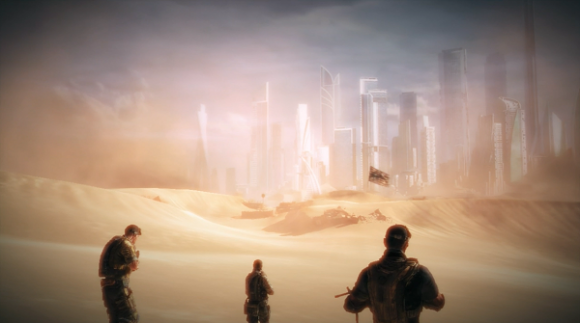
This distillation of the plot, broken down to its smallest components, is deceptively simple. It is where the development team went with it that helps Spec Ops stand out as well as reinforce the game’s design.
Even the initially pedestrian shooting mechanics start to make sense – or should I say that the senselessness of the repetition of casual violence ties into the theme of the game. It is about the desensitisation of soldiers in a warzone, the atrocities committed in the name of a cause that means little to either side. Player fatigue concerning these encounters mirrors the protagonists’ descent. Their initial banter is slowly replaced with angry swearing, subtly changing the environment you are playing in. Each of the characters becomes physically scarred by what they encounter, reflecting their psychological damage (in visual terms think Batman: Arkham Asylum but with more missing extremities and skin).
Spec Ops doesn’t get it all right. One section, which appears to be meant to illustrate how little choice individual faction members in a war have and – no matter how well intended – how they will find themselves inextricably lead into encounters that will cause collateral damage, comes across as heavy handed as the player is literally forced to follow this trajectory. That may have been the point but when the game delivers the same message with some fantastic moments where the illusion of choice is paraded in front of your face and then snatched away, this sermonising comes across as exactly that and goes against the intent of the rest of the game’s design in doing so.
Nevertheless, the fact that this one moment stands out as terrible is a testament to the rest of the game’s flawed, sand-flecked brilliance. You feel real desperation toward the end as the trio perform ever worse acts, descending to below human as your apprehension escalates. The final half of the game shows you how masterfully the first half set you up, without you ever realising.
Through its twists and turns as well as out-and-out ‘what the fuck just happened?’ moments, you end up questioning the motivations of every character including Walker himself. There are no monsters and yet the game features nothing but monsters. Spec Ops might lack the enormities of Bioshock but by the final roll call it will have shaken you.
The weaknesses of its mediocre presentation is all a lie: Spec Ops puts you in a comfort zone only to trip you up, subverting what you think you had to come to know and turning that ‘flaw’ into its greatest strength.
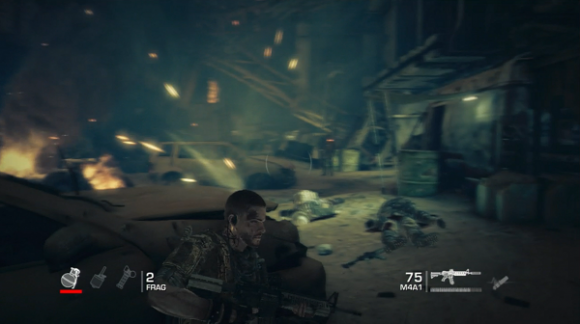
To explore too much of what it does would be to spoil Spec Ops. What I will say is that it works like many good films or books, not in that it puts tons of cutscenes in front of you or makes you read a ton of text in order to appreciate it, but in how it largely uses a game’s unique assets to present what it is trying to say without emulating other art forms, and in how it manages to exercise the restraint that few other games attempting to tell a story are capable of. Off the top of my head there is only The Witcher 2 which has been able to do this, and as a result Spec Ops deserves similar praise.
Spec Ops is an uncompromising game. There are moments where the development team is not willing to curtail what they are trying to say to appease a mainstream audience and such an approach from a relatively mainstream game is unheard of. Further, that it has taken five years for a game to even come close to what Jaffe was talking about with his cancelled PSP title is shameful and because of that we should not allow this game to slip away unheeded.
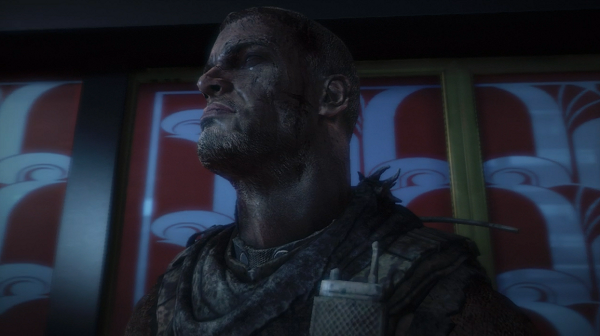
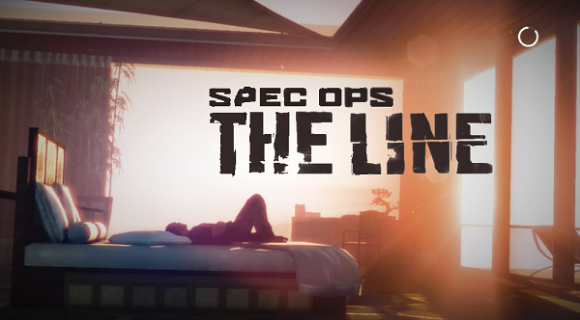
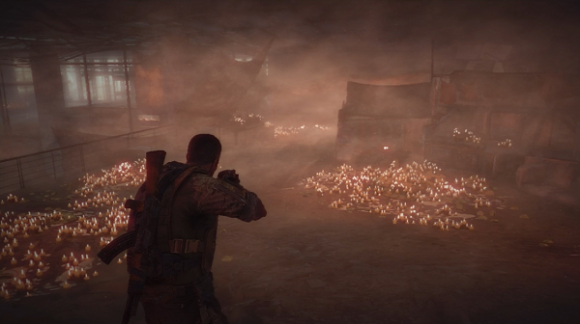
Comments
7 responses to “Review – Spec Ops: The Line”
I am really keen to play this, though I never expected to be after the pedestrian trailer I saw on TV (I saw that about four times which is really weird as I only see TV adverts at friends' houses).
Sadly I'm not sure that we can herald this as the manshoots genre growing up (I know you didn't say this), but it's great to have a black sheep with some fresh ideas.
I logged the game as one to keep an eye out for couple of years back based on an article I read. It's good to hear it does have something going for it.
Yeah, I don't think that it will change much, given that sales were good but not amazing. It is certainly something worth checking out and the places the story goes are definitely interesting ones.
They also just released a FREE Co-Op pack so I am downloading that. Hoping to get some time with that next month before Borderlands 2: MOARderlands
One does not simply walk into Moarder.
Not unless you have a shotgun that fires missiles.
So I finished Spec Ops: The Line last night and have re-read your review this morning as a result. I agree with pretty much everything you say, AJ.
The heavy-handed moment – yeah, this is a tricky one. It's something that the entire narrative arc hinges upon so they couldn't allow actual player choice there without essentially building a second, alternate narrative and associated character arc. That's not an insurmountable problem but it is a recurrent issue with videogames trying to explore themes through explicit narrative.
When I came to that moment I was appalled by the possibility that the game would let me do it. I tried different approaches but none were ultimately possible. So I tried to engage as sparingly as possible. And the final moment of that sequence… well, I correctly guessed the reality of the situation and (SPOILERS) tried to hit the last target as far from the trench as possible. Unfortunately the game wouldn't allow for this; despite not having been hit the entire trench lit up as though filled with petrol.
That was disappointing but still a powerful moment: walking out into the desert after that, and being confronted with the choice, I opted to stop playing the game for a while.
I've bought Brendan Keogh's book on SO:TL and will be reading that over the holidays.
[…] I can’t help nodding at most of the points made in Badger Commander’s restrained review of Spec Ops. […]